Dog Dental Chews: Helpful Or Hype?

Dog dental chews promise cleaner teeth, fresher breath, and better oral health. But do they actually deliver? Many pet owners trust them, yet some experts question their effectiveness. This article breaks down the facts so you can make informed choices about your dog’s dental care and overall well-being.
Claims Of Dental Chews

Manufacturers boast that dental chews reduce plaque and tartar while freshening breath. The American Veterinary Dental College states that while some chews offer benefits, they are not substitutes for brushing. Marketing can make them seem like miracle products, but their effectiveness depends on texture and how dogs chew them.
Effectiveness In Plaque And Tartar Reduction

Plaque turns into tartar within days, leading to gum disease. Studies suggest that dental chews can lower plaque buildup, but results vary. The Veterinary Oral Health Council (VOHC) approves specific products that meet effectiveness standards. Without the right texture and chewing action, many chews offer little more than a temporary fresh breath fix.
Dental Chews Vs. Traditional Brushing

A toothbrush scrubs bacteria from teeth but chews rely on friction and enzymes. While they can help, the American Veterinary Medical Association emphasizes that daily brushing is the gold standard. Some dogs resist toothbrushes, making chews a convenient option. But convenience doesn’t always mean complete protection against dental disease.
Role In Preventing Periodontal Disease
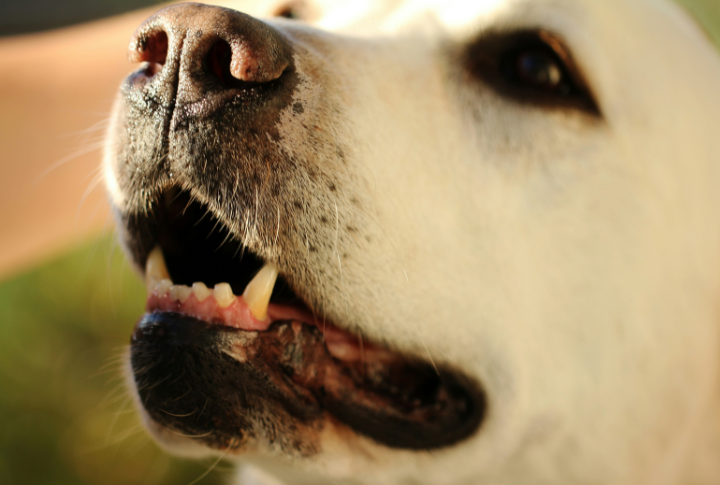
Gum disease is one of the most common health issues in dogs. Regular chewing can help strengthen gums and slow plaque buildup. However, research shows that untreated plaque leads to infections affecting vital organs. Dental chews alone won’t prevent these issues, but they can be useful when combined with vet visits and brushing.
Identifying Harmful Ingredients In Chews

Not all dental chews are created equal. Some contain artificial colors, preservatives, or excessive starches, which contribute to weight gain or allergies. The VOHC recommends checking for chlorhexidine or sodium hexametaphosphate, which fights plaque. If a chew resembles a processed snack more than a dental tool, it’s likely doing more harm than good.
Recommended Frequency For Optimal Benefits
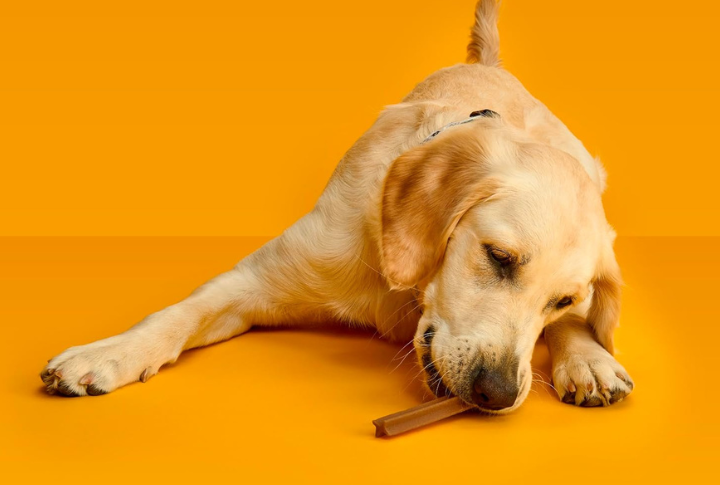
How often a dog should get dental chews depends on the product and the pet’s needs. Some are designed for daily use, while others should be given only a few times weekly. Overuse can lead to calorie overload or digestive issues. Veterinarians suggest balancing chews with regular oral care to avoid relying on them too much.
Dental Chews And Breed-Specific Oral Health Needs
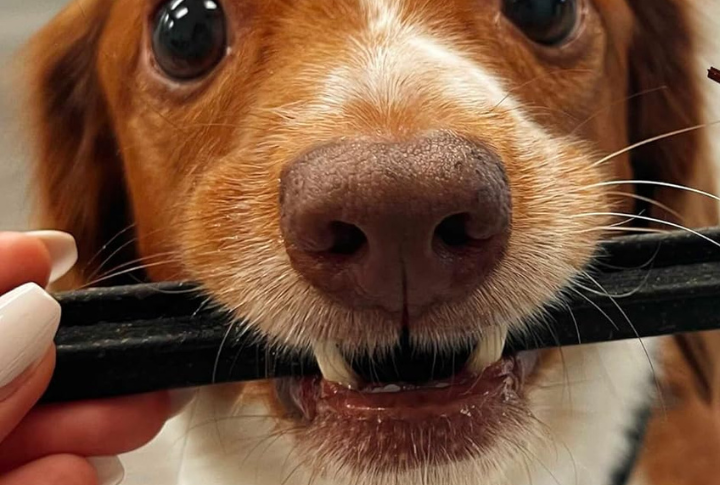
Different breeds have different dental challenges. Small dogs tend to suffer from overcrowded teeth, making plaque removal harder. Large breeds may chew aggressively, breaking down chews too quickly to see real benefits. A chew that works for one dog might not be effective for another, highlighting the need for breed-specific dental care strategies.
Potential Health Risks And Safety Concerns
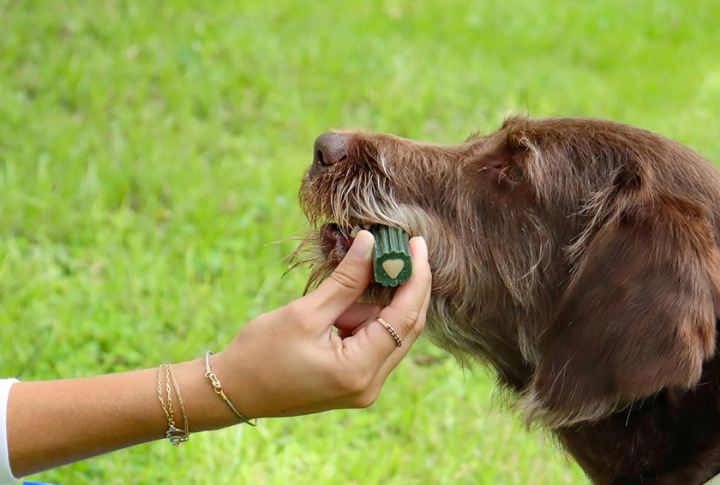
Some chews pose choking hazards or digestive risks. Harder options can crack teeth, while softer varieties might be swallowed too quickly to be effective. A study published in the Journal of Veterinary Dentistry found that improperly sized chews can cause obstructions. This is why size and texture are critical when selecting a product.
Criteria For Selecting Quality Dental Chews
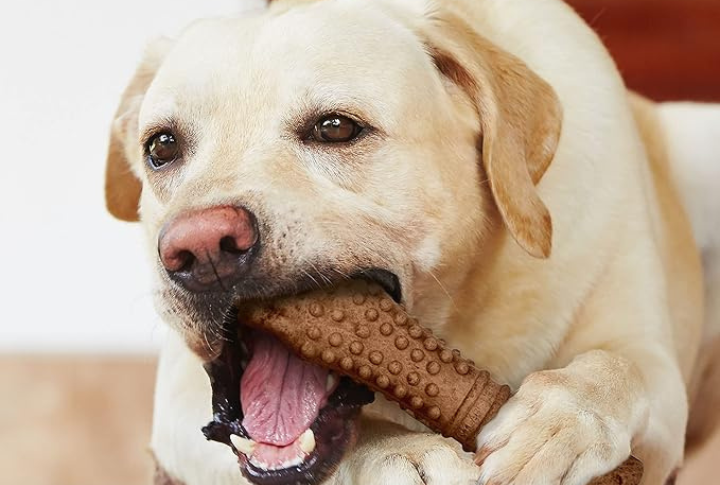
The best dental chews balance texture and safety. VOHC-approved products undergo testing to confirm effectiveness. Choosing chews with natural ingredients and enzymatic support improves oral health benefits. If a product claims instant results, it’s worth questioning whether it prioritizes marketing over true dental care.
Veterinary Guidelines For Comprehensive Oral Care
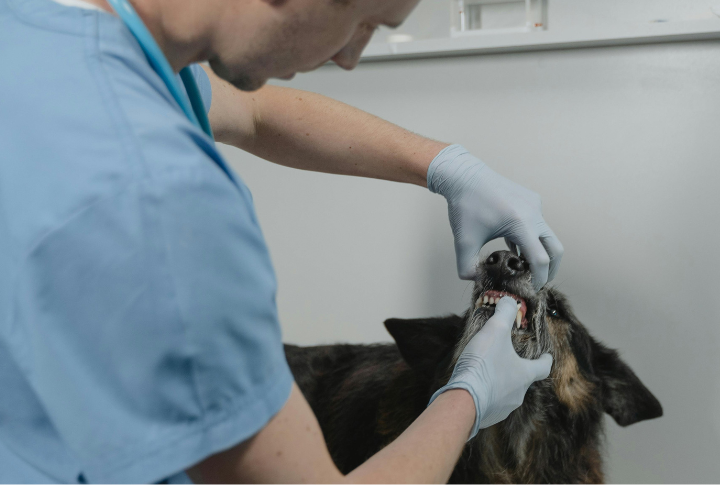
No single product can replace a well-rounded dental care routine. Veterinarians recommend brushing and a balanced diet alongside dental chews. A combination approach is the most effective way to prevent oral diseases. If a dog’s breath smells consistently bad despite dental chews, it’s likely a sign that deeper issues need attention.





